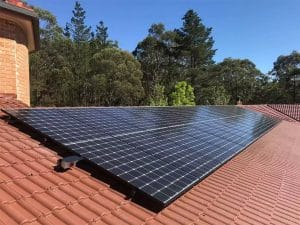Amendments to Germany’s solar feed in tariffs were passed yesterday, with support for solar farm installations on cropland abandoned altogether; while making small to medium rooftop solar power systems more attractive.
According to a press release from Germany Trade & Invest, the new tariffs range from 25.01 – 34.05 EURc/kWh (approximately AUD 36c – 48c) for installations connected between July 1 and October 1 and 24.16 – 32.87 EURc/kWh for those connected until the end of 2010. The changes have been implemented retroactively to take effect July 1.
While feed-in tariff rates will be reduced by 13 percent for rooftop installations, the higher range of rates will be paid under the “own consumption bonus,” for owners of rooftop solar power systems smaller than 500 kW.
The new amendments also more than double the federal target of annual installed capacity to 2.5 – 3.5 GW.
Germany Trade & Invest states photovoltaic installations came to 3.8 GW in 2009, making Germany the world’s largest PV market Germany accounted for approximately one of every two newly installed solar panels worldwide during 2009 and this year some analysts are saying it could double the 2009 total.
Germany’s feed in tariff system pays under a “gross” model – i.e. the premium rate is paid on all electricity produced, rather than just the surplus as is the case with feed in tariffs in some Australian states. Only New South Wales and the Australian Capital Territory currently offer a gross solar feed in tariff.
Germany’s gross feed in tariffs came into being a decade ago and have been key to the nation becoming a leader in solar power uptake.









































